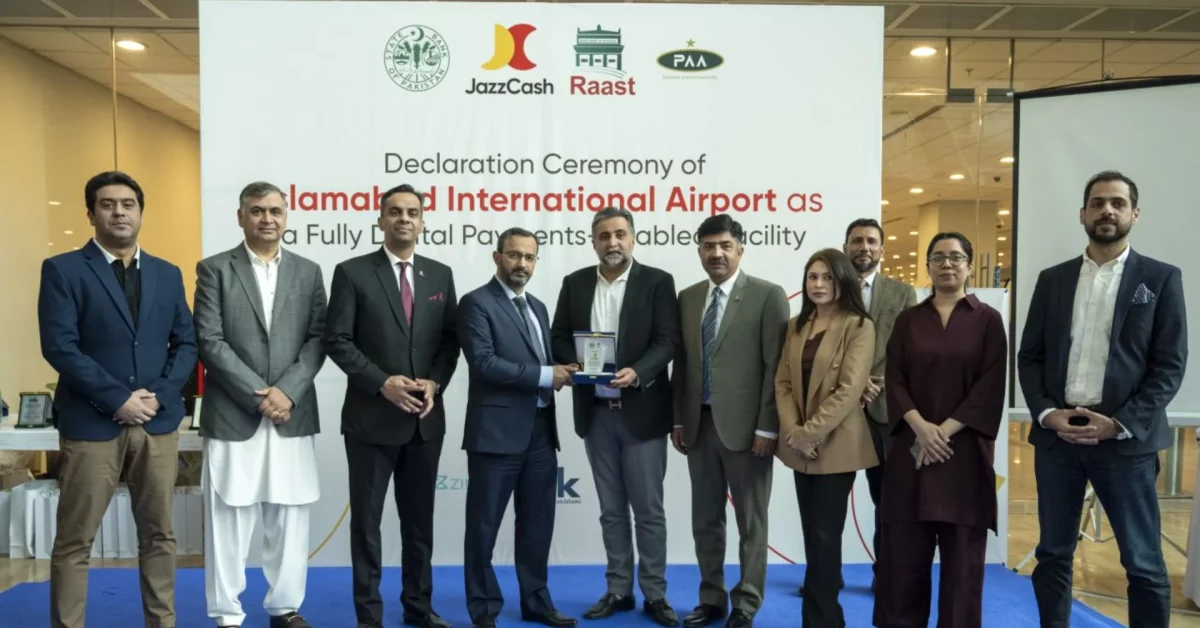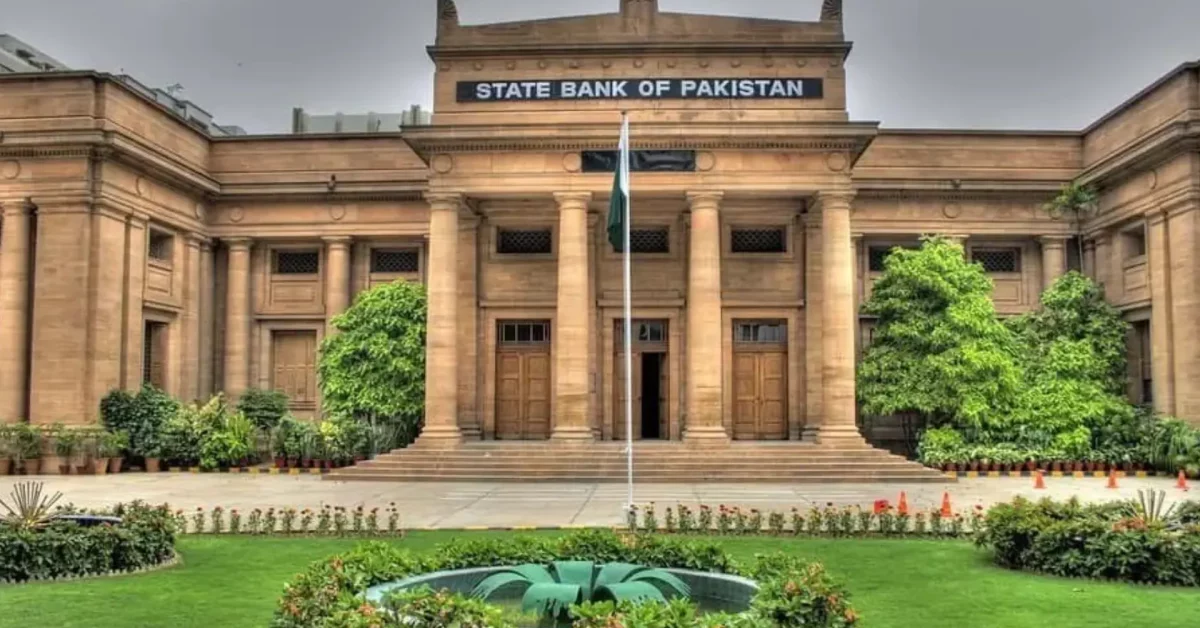
PTA clarifies Huawei License Suspension Misreported
July 22, 2025
Senate Urges Age Cap for Social Media
July 23, 2025Insuring the Invisible: Reimagining Social Protection for a Changing Pakistan
Social protection lies at the heart of any just and resilient society. In Pakistan, where vulnerability is widespread and economic shocks are frequent, the role of insurance as a tool for security has long remained underexplored. While various schemes exist in fragments, their reach and relevance are increasingly misaligned with the needs of a dynamic workforce.
As the country confronts the realities of informality, digital transformation, and growing inequality, a critical question emerges: can insurance evolve from a forgotten policy promise into a pillar of inclusive protection? This story explores the possibilities and the roadblocks on that journey.
Gaps and Fragmentation: The Current Landscape of Social Security in Pakistan
Pakistan’s public assistance and welfare framework is a fragmented mix of federal and provincial programs targeting formal sector workers, low-income populations, and marginalized groups. However, despite various schemes, coverage remains limited, especially for informal workers who make up the bulk of the labour force.
The West Pakistan Industrial and Commercial Employment (Standing Orders) Ordinance, 1968 mandates group life insurance for permanent workers, but its weak enforcement and high thresholds exclude small enterprises.
According to SECP report, only 11,372 companies out of 153,000 registered with EOBI currently provide group life insurance, covering just 9.5 million workers out of a 71.8 million strong labour force, leaving over 62 million informal workers financially unprotected in cases of disability, accident, or death.
Health-related protection includes the Sehat Sahulat Program (SSP), which offers inpatient services under a public-private insurance model, and the Sindh Universal Accidental Insurance Scheme, which covers accidental death for all adults in Sindh, regardless of employment. While retirement support is available via multiple schemes: the Employees’ Old Age Benefits Institution (EOBI) for formal workers, Voluntary Pension Schemes (VPS) for private contributions, and contributory pension models for civil servants in the federal and Khyber Pakhtunkhwa governments.
Moreover, the Benazir Income Support Programme (BISP), Pakistan’s largest cash transfer program, serves the poorest households but lacks integration with any insurance mechanism. Overall, the system reveals a narrow legal mandate, outdated benefit ceilings, and little to no coverage for informal or contractual workers. The absence of digital data-sharing among institutions further weakens monitoring and enforcement, underscoring the need for structural reform and insurance-based expansion.
The Opportunity in Pakistan’s Social Security System
Pakistan’s social protection architecture is outdated and misaligned with the realities of a mobile and informal economy. Hence, millions of citizens, including domestic workers, street vendors, and contractual employees, remain outside the coverage net.
Laws only mandate group life insurance for permanent workers in companies employing more than 20 people, or more than 50 in case of industrial sectors. This leaves vast segments of the workforce excluded. What is worse is that even within these eligible groups, enforcement is weak, and benefits are capped at Rs. 300,000 to Rs. 500,000, which fail to offer meaningful protection in today’s economy.
Nevertheless, this is not just a story of what the system lacks but also the opportunity it presents. There is massive untapped potential in the insurance sector, where insurance could be as a tool of inclusive protection. Group life and health coverage could be integrated into platforms like BISP or digitized via NADRA-linked registries. Informal workers, drivers, janitors, domestic help can be enrolled in subsidized microinsurance schemes through mobile platforms and micro-premium models.
There is ample room to standardize and simplify insurance products. Affordable, fixed-benefit policies that are easy to understand and claim can build trust among the masses. For this to work, regulators, insurers, and government agencies must coordinate, using digital tools to track compliance and expand access.
Pakistan doesn’t just need more insurance, it needs smarter, fairer, and more accessible insurance that aligns with how people live and work today.
Regional Comparison: Lessons from Neighbors
In Asia, both India and China offer compelling models of how insurance can serve as a powerful tool for social protection, especially for informal and low-income populations.
India adopts a dual approach, combining compulsory and voluntary schemes. The Employees’ State Insurance (ESI) Act, 1948 mandates multi-risk coverage, health, maternity, disability, and survivors’ benefits for formal sector workers. Alongside this, the government has launched several affordable microinsurance programs offering life and accident insurance at annual premiums as low as Rs. 436 and Rs. 20, respectively. These schemes are distributed through banks and digital platforms, closely integrated with India’s broader financial inclusion agenda.
Meanwhile, China, has established a comprehensive, mandatory system through its Social Insurance Law (2011).
These examples demonstrate that insurance can be more than just a financial product—it can be a core element of an inclusive public policy. These models offer a roadmap for Pakistan to expand insurance to the underserved by combining compulsory coverage with affordable and accessible options.
Jazz Leading the Digital Transformation of Insurance in Pakistan
Pakistan is a country where insurance penetration hovers at only 0.8% of GDP, with 0.5% for life and just 0.3% for non-life, figures stated by DATA DARBAR. Therefore, millions of Pakistanis face emergencies without protection. Traditional insurance, mostly paper-based and agent-driven, is out of sync with the country’s digital evolution but Jazz is revolutionizing the archaic practices of the sector through its innovative platform: FikrFree.
Built as a mobile-native insurance app, FikrFree makes protection easy, personalized, and digital. In just three months post-launch, it recorded 163,000+ downloads, 1.2 million monthly active users (MAUs), and 39,000 daily active users (DAUs), which represents an unprecedented breakthrough in a historically stagnant sector.
FikrFree bundles 30+ insurance products from multiple providers, health, handset, accident, motor—alongside services like e-pharmacy access and video consultations with 400+ doctors. Users can buy travel insurance, file claims, and consult physicians, all in one place with a few taps.
However, what truly sets apart FikrFree is its embedded insurance model, where protection is offered seamlessly, as a pop-up when buying a bus ticket or topping up a JazzCash wallet, much like successful examples of Revolut (UK) and Grab (Singapore).
Jazz through Fikree is providing its customers with bite-sized policies starting at Rs. 10 per journey or Rs. 565 per week for device coverage, which are affordable and convenient for the masses. Jazz has taken insurance out of the paperwork and into the hands, and habits of everyday Pakistanis. It is not just digitizing insurance; it is integrating it into the lives of Pakistanis.
Building a Fairer and Inclusive Social Protection System in Pakistan
Pakistan needs to overhaul how insurance is designed, delivered, and enforced to make social protection universal. Since the current system is limited, outdated, loosely implemented, it must be aligned with the needs of the modern, informal, and vulnerable workforce.
Labour laws in the country need to be reformed to include temporary, part-time, and contract workers, regardless of company size. Insurance must be embedded insurance existing programs, leveraging their reach to deliver microinsurance products, life, health, accident with minimal friction.
Moreover, insurance products must be simplified by creating standardized, pre-approved, fixed-benefit plans with digital enrolment, NADRA verification, and mobile wallets for low-cost premium collection and payouts. Lastly, institutional coordination must be ensured by enabling real-time data-sharing among SECP, NADRA, EOBI, insurers, and labour departments for better compliance, monitoring, and fraud prevention.
Pakistan stands at a critical crossroads and with the right mix of legal reform, digital tools, and institutional coordination, it can transform insurance from a bureaucratic checkbox into a powerful tool of economic dignity and resilience.






